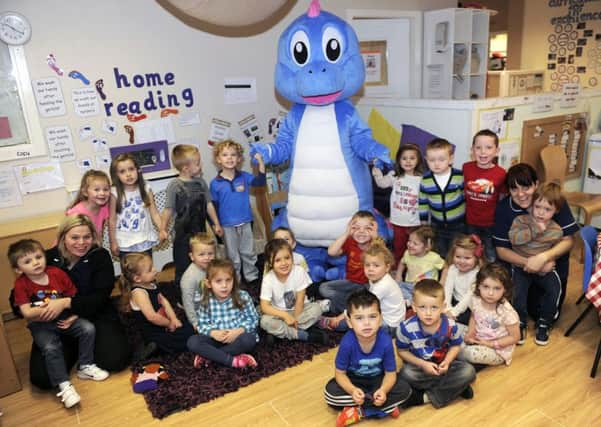Four things you should know this morning


Scottish Spina bifida charity reaches 50th birthday
When the Scottish Spina Bifida Association started in 1965, no one knew it would grow to the size it is now. Reformed as the Spina Bifida Hydrocephalus Scotland (SBH Scotland), it now supports more than 3,500 children, young people, adults, their family members and carers every year in Scotland whilst retaining their family orientated approach. A big difference from the parent support group it started as.
Based at the Dan Young Support Centre in Cumbernauld, the charity works across Scotland, from Shetland to the Borders, and is the only dedicated charity of its kind in the country.
Advertisement
Hide AdAdvertisement
Hide AdSBH Scotland provides critical support and information services such as their national helpline, health check clinics, one-to-one support, social groups, advice and training; and they’re all supported by donations.
It currently has 14 full-time and eight part-time staff, who work on projects across Scotland. Most of the original information for the charity was found by Elsie.
Researchers at the University of Dundee have found links between the genetic causes of Parkinson’s at a molecular level
Vital molecular “switches” which regulate cell growth and survival have been found to be the missing link in explaining why some people are afflicted with Parkinson’s disease later in life.
The switches, known as “Rabs”, are controlled by the PINK1 gene which has a direct link to the likelihood of contracting the disease. This discovery suggests that it may be possible to treat Parkinson’s through the creation of drugs that manipulate Rabs.
Distraction accidents tripled in five years
18-24 year olds have been named as the worst offenders of distraction accidents. These accidents have tripled from 320,000 in 2010 to over one million this year.
Some think it is because more and more Scots are spending time using technology during a day, than they do sleep. 23 per cent now spend more than seven hours a day using devices like smartphones, tablets and laptops.
Advertisement
Hide AdAdvertisement
Hide AdAccording to research by LV= home insurance, accidents in the home including staining the carpet, starting a fire on the hob and burning a surface with an iron have trebled.
Dreamflight giving children the chance of a lifetime
A Scottish teen has joined scores of seriously ill and disadvantaged children to go swimming with dolphins in a once-in-a-lifetime charity holiday.
William Williamson, 13, from Coupar Angus, Scotland was one of 192 children from across the UK to spend a week in Florida on the annual Dreamflight trip.
The youngsters, specially selected by medical professionals, visited the likes of SeaWorld, Universal Studios and Busch Gardens during an all-adventure tour of the Sunshine State.
For many, the trip represented the first time away from home, with volunteer doctors, nurses and medical professionals helping act as chaperones during the holiday.
As a final treat, children were given the opportunity to swim with dolphins at Discovery Cove in Orlando.